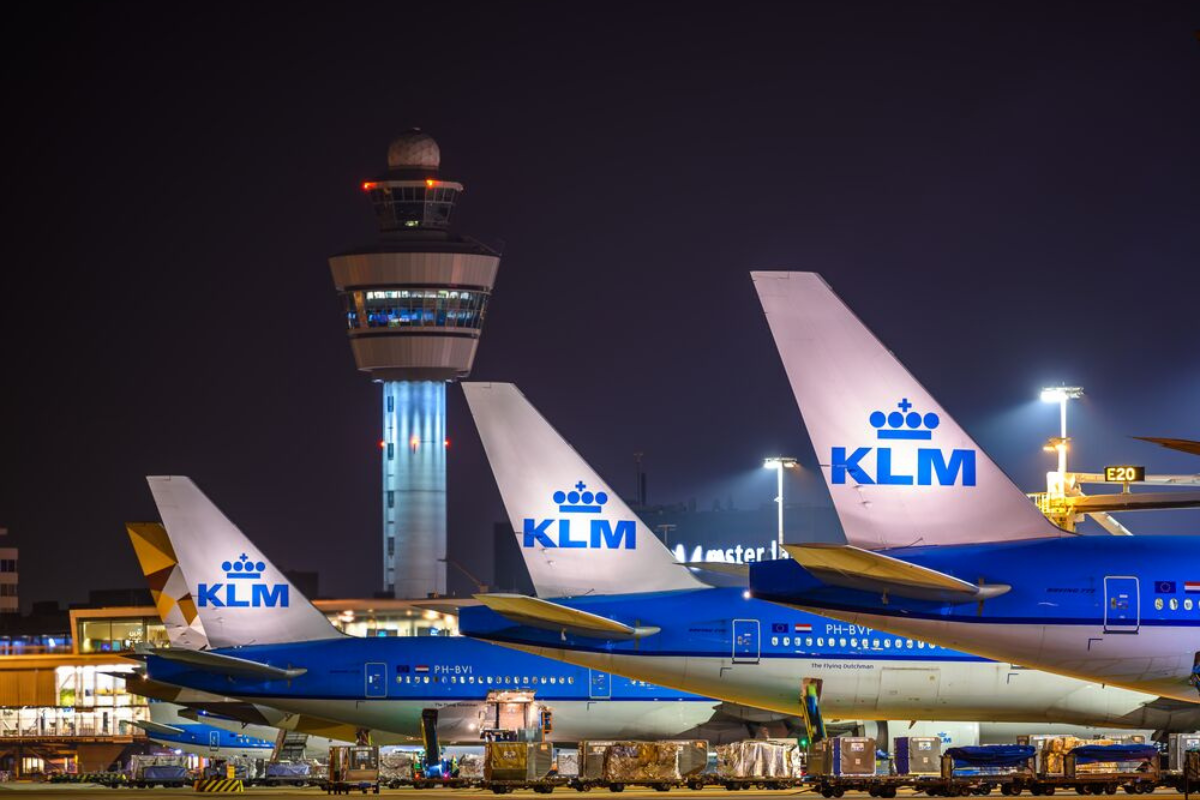The Lagos State government has issued a demolition order against the owner of a $200 million landmark beach resort, one of Nigeria’s top tourist destinations because it is hindering the planned 700 km coastal road that will connect its state with Calabar.
This was disclosed by the Managing Director of Landmark Beach Resort, Paul Onwuanibe, in a report, noting that he’d been ordered to leave his expensive beach resort in seven days by the end of March due to impending demolition, according to CNN.
He said the Landmark property, worth more than $200 million, houses more than 80 businesses and supports more than 4,000 jobs directly.
In addition, the company claims that every year it generates over N2 billion in tax revenue.
About a million locals and foreign tourists visited the beach resort last year, considered to be one of Nigeria’s best destinations for tourism.
Onwuanibe noted he acquired the land in 2007, just before plans for a coastal highway were drawn up, and had felt mixed emotions after being informed of the demolition order that also asked him to submit compensation claims.
He said the pulling down of the beach would be a huge loss, with millions of dollars of loaned money already spent on developing the resort.
“We’ve spent between $80 and $90 million developing this ecosystem and one-third of that was spent on the beach. So, all that, which we are still paying loans on, will disappear,” he said.
Onwuanibe said both foreign and local investors in Landmark Group were now thinking of pulling out their investment, if the beach resort, which includes a mini golf course, a sand football field, a volleyball and basketball court, is removed.
“Without the beach, the entire ecosystem is at risk and is severely damaged.
“I have had widespread panic calls from my international and local investors as well as local debt providers threatening to pull the plug as they think this is material to our survival as a business.”
Lagos state is seeking foreign investment even as the federal authorities struggle to reform Nigeria’s economy, faced with challenges such as rising public and private debt, high inflation, and a sharp fall in local currency.
However, “policy and regulatory inconsistency” and “poor stakeholders’ consultation” have limited foreign investment into Nigeria, according to a local think-tank, the Nigerian Economic Summit Group.
Recall, that the Lagos State Government had already declared plans to demolish all illegal constructions along the proposed route of the Lagos Calabar Coastal Road.
The State Government has sent removal notices to the owners of the physical structures and other assets in question.
The notice indicated that the Federal Ministry of Works, in partnership with the Lagos State Government, issued an announcement on March 15 and 16, 2024 about the construction of a 103 km section of the 700km long Lagos Calabar Coastal Road.










